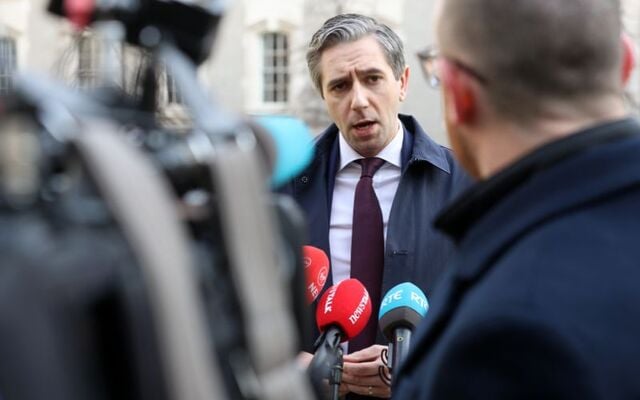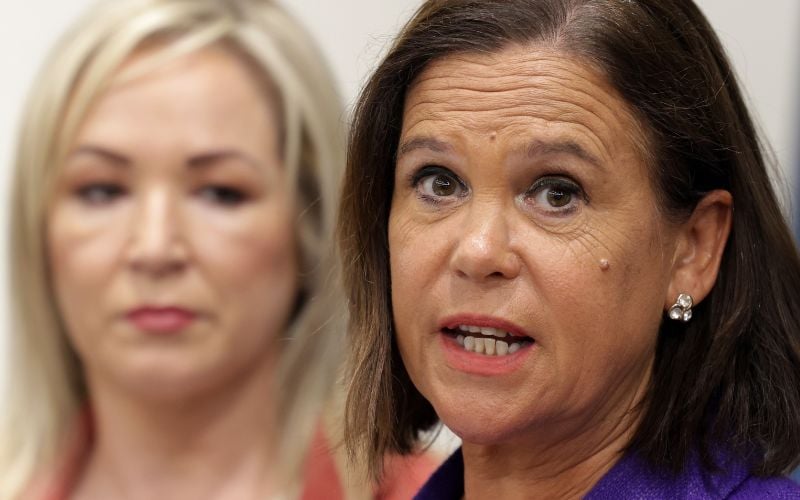Tánaiste and Minister for Foreign Affairs and Trade Simon Harris has raised concerns over looming US tariffs with United States Trade Representative Jamieson Greer, stressing the need to protect Ireland’s key export industries such as Irish whiskey, pharmaceuticals, and medical technology.
The meeting followed the publication of the EU-US Framework on Reciprocal, Fair and Balanced Trade last week, a deal that sets a 15% cap on tariffs for EU exporters to the US. While the framework offers stability after years of uncertainty, it leaves many Irish businesses worried about costs in their most important overseas market.
“We discussed the EU-US Joint Statement and its implementation, following the political agreement reached in Scotland last month,” Harris said after the talks.
“Now that the Joint Statement has provided the necessary certainty on the 15% tariff that EU exporters will face, our meeting provided an early opportunity to discuss the implementation of the Agreement and the possibility to expand the list of goods that are exempt from the 15% tariff rate, including for the spirits and medtech sectors.”
For Irish whiskey producers, the US remains the single largest market—worth nearly $1 billion annually, according to the Irish Whiskey Association. Even small changes to tariffs can have a big impact on Irish brands competing with domestic American whiskeys and bourbons.
Harris also addressed Ireland’s pharmaceutical and semiconductor industries, two of the island’s biggest economic drivers. “While the US tariff on the EU will be capped at 15% following the conclusion of the investigation, I made the case for these sectors to be treated on a zero for zero basis, which has underpinned an extremely successful and strong EU-US sectoral trading relationship over a number of decades,” he explained.
Read more
The Tánaiste welcomed clarity on generic medicines, which will remain at current tariff rates, but warned of challenges ahead in steel and aluminium—industries still caught in ongoing US Section 232 investigations. “We exchanged views on the impact of the expansion of the Section 232 measures on steel and aluminium which are a concern to our manufacturers,” he added.
Northern Ireland was also part of the agenda, with Harris stressing the importance of shielding the all-island economy from unintended fallout. “We also discussed the agreement as it relates to Northern Ireland and the all-island economy and agreed to stay engaged on this matter,” he said.
According to the Irish Times, EU member states are now focused on broadening the list of tariff exemptions, while the Financial Times reports that Brussels is particularly concerned about high-value sectors like medtech and pharma—where Ireland plays an outsized role.
Looking ahead, Harris pledged to “continue to make the case for Irish businesses with the US on a bilateral basis and also with Commissioner Šefčovič who leads on trade negotiations with the US.” Both Harris and Ambassador Greer agreed to stay in close contact as the framework is implemented.
For Irish Americans, the outcome of these talks could hit close to home. A 15% tariff on Irish spirits risks making a bottle of Jameson or Bushmills more expensive in New York or Chicago, while higher costs on medical technology could filter through to the US healthcare system. For Ireland, whose economy depends on strong transatlantic trade ties, the coming months will be crucial in determining whether these talks soften the tariff blow—or leave businesses footing the bill.




Comments